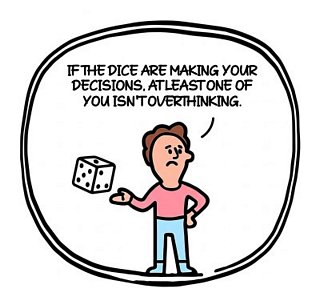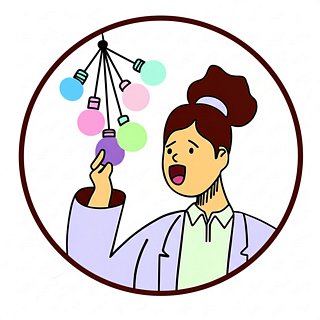 Hustle culture promotes the idea that ambition is demonstrated through exhaustion, making sacrifices in well-being appear necessary for success. Society has embraced this mindset, glorifying relentless productivity even at the cost of health and happiness.
Hustle culture promotes the idea that ambition is demonstrated through exhaustion, making sacrifices in well-being appear necessary for success. Society has embraced this mindset, glorifying relentless productivity even at the cost of health and happiness.
While intense focus on major projects can be valuable, maintaining such a pace continuously blurs the line between motivation and burnout. Social media amplifies this mentality, showcasing polished images of achievement while hiding the sleepless nights, strained relationships, and health challenges that often accompany it. The rise-and-grind mindset turns success into an endless pursuit, frequently obscuring its true cost.
In this process, personal relationships and healthy habits frequently deteriorate. Meaningful conversations diminish, connections weaken, and self-care is replaced by caffeine-fueled nights and quick-fix meals.
Idea for Impact: Hustle can be an effective tool, but it should remain just that—a tool, not a lifestyle. A fulfilling life is not built on burnout; it is built on sustainability.
 The Japanese aesthetic of
The Japanese aesthetic of  At this year’s Cannes Film Festival, a group of Danish filmmakers unveiled a manifesto for a cinema movement called Dogma 25. Building on the radical spirit of
At this year’s Cannes Film Festival, a group of Danish filmmakers unveiled a manifesto for a cinema movement called Dogma 25. Building on the radical spirit of  If you haven’t been tracking your personal finances, kick off with a Personal Net Worth Spreadsheet. It’s not revolutionary, but it is relentlessly revealing. The purpose is clear: record what you own, subtract what you owe, and face the unvarnished truth of the remainder. That number is your net worth—untainted by narrative or intention. It can’t flatter. It won’t excuse. It simply reveals.
If you haven’t been tracking your personal finances, kick off with a Personal Net Worth Spreadsheet. It’s not revolutionary, but it is relentlessly revealing. The purpose is clear: record what you own, subtract what you owe, and face the unvarnished truth of the remainder. That number is your net worth—untainted by narrative or intention. It can’t flatter. It won’t excuse. It simply reveals. The
The 
 We make thousands of decisions daily—what to wear, which email to answer first, whether to take the scenic route or stick to the main road. Most are low-stakes, but the act of choosing can sap mental energy. That’s
We make thousands of decisions daily—what to wear, which email to answer first, whether to take the scenic route or stick to the main road. Most are low-stakes, but the act of choosing can sap mental energy. That’s .jpg)
 Agassi casts himself as a victim of his circumstances, expressing a weariness with the grind—a sentiment many can relate to. While few may hate their jobs
Agassi casts himself as a victim of his circumstances, expressing a weariness with the grind—a sentiment many can relate to. While few may hate their jobs  You’re not stuck in busyness—you’re choosing it. That packed calendar, the blur of back-to-back tasks, the sense that your time isn’t your own? They’re symptoms of decisions made without reflection, not obligations
You’re not stuck in busyness—you’re choosing it. That packed calendar, the blur of back-to-back tasks, the sense that your time isn’t your own? They’re symptoms of decisions made without reflection, not obligations  These days, the moment boredom creeps in, we lunge for a distraction—scrolling, streaming, swiping. It’s less a decision than a reflex, like we’re allergic to silence.
These days, the moment boredom creeps in, we lunge for a distraction—scrolling, streaming, swiping. It’s less a decision than a reflex, like we’re allergic to silence.